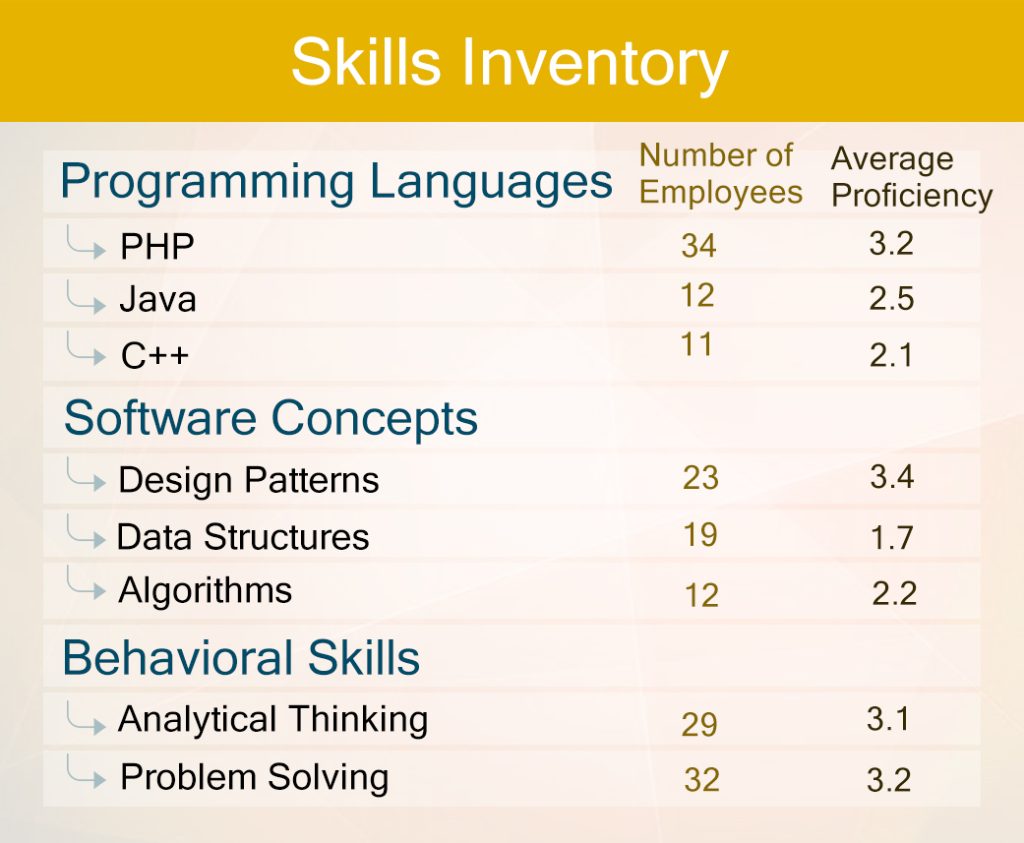It’s an exciting time to be a student, isn’t it? Plenty of career options and skill development opportunities. This is probably the best time for a career-focused student to explore new career paths.
Having said that, it’s not easy for students to decide on the right career opportunity! There are plenty of career exploration strategies and plans that students need to work on to empower their future careers.
Why is career exploration necessary for you as a student – and what activities do you need for student career development? Let’s explore this in this blog post.
Why is Career Exploration Necessary?
First, let’s understand what is career exploration for students. Career exploration is the process of researching and evaluating modern job opportunities – and the academic courses that can help students pursue the careers that they are interested in.
Based on your strengths and interests, you can explore and discover long-term career opportunities where you will most likely succeed. Career exploration can be a fun and creative experience where you can learn more about the best job opportunities around the globe – and discover the jobs that are most suited for you.
Why is career exploration important? According to the American Promise Alliance (APA), career exploration is important to improve any student’s chances of a successful career.
Here are 3 Reasons Why Every Student Must Go for Career Exploration:
- Through career exploration, you can learn how to apply the skills you learned in school to the real world. For example, how to use mathematical formulas in real-world careers. This enables you to close the gap between your education and the workforce and identify the steps you need to take to achieve a successful career.
- Career exploration also enables you to learn about the various job and career opportunities that you can pursue – including the ones that you don’t know about. It enables you to understand how your interests (for example, writing or photography) can be converted into potential careers.
- Career exploration is also highly motivational for students and enables them to set short-term and long-term career goals. With well-defined career goals, you also pursue your educational courses with more purpose and intent – instead of simply going through the daily “grind.”
Career exploration is not a “one-time” activity – but a continuous process. Next, let’s look at the most effective activities that can be part of your student career development.
Also Read:- Elevating Careers: The Role of Soft Skills Taxonomy
6 Activities Essential for Career Exploration
1. Take Time to Research Career Opportunities.
The first activity you need to do is spend ample time and effort researching various career opportunities. You can either research local and global opportunities online or learn about emerging careers in your college or university premises. Besides, you can also seek the best student career guidance from your college seniors or school counselors.
You can also seek professional guidance from industry experts on LinkedIn and other job-related platforms. You can ask them about:
- Why did they choose this particular profession?
- Which was the biggest challenge or hurdle that they encountered during their pursuit?
- What do they enjoy the most from this career opportunity?
- Does their job provide them with optimum work-life balance?
You also need to gather all information for interesting career opportunities before finalizing the opportunity best suited for your career advancement. This includes the starting wage, educational qualifications, and required skillsets.
2. Explore The Outside World.
Thanks to online platforms, students often explore career opportunities on their smartphones or connected devices. However, the best activity is to go into the real world and watch a professional at work.
For instance, if you are aspiring to become a professional chef, try to connect with a successful chef – and learn by spending one day with them. Inculcate their best habits and how they go about performing even difficult tasks. This can help you understand if this work aligns with your career aspirations and interests.
Local communities can also help you understand the local industries and the required skills. Colleges or educational institutions can also help their students by inviting guest speakers to their premises to speak about their upcoming industry opportunities. Besides, student career counselors can guide all students on potential career opportunities – and the professional courses that can help them reach their goals.
3. Learn Soft Skills.
In addition to technical skills, students must learn soft skills to achieve sustained career growth. This skill set is important in any professional field and can determine the student’s level of adaptability in any organizational culture. You may wonder what exactly soft skills are.
This is a combination of various people-centric skills, including:
- Communication skills
- Emotional intelligence
- Personality traits
- Team player attitude
- Work ethics
Effectively, soft skills determine how well (or not) any individual can work efficiently in collaboration with other team members. While soft skills cannot be learned, here are some activities that can help you develop your soft skills:
- Be open to feedback.
- Listen actively to your fellow students and instructors.
- Communicate your ideas clearly.
- Find the best solution to solving any problem.
- Be accountable for any task that you have taken up.
- Be open to new ideas and suggestions.
4. Gain Hands-On Experience.
The hands-on approach is the best way forward in career exploration. Through regular volunteering and internships, students can obtain hand-on experience (even if they are short-term or unpaid). 56.1% of internships are converted into full-time jobs. 79.2% of students completing internships value their hands-on experience as their biggest advantage.
Depending on your career aspirations, you can choose among various volunteering or internship activities like:
- Volunteering at a local hospital or clinic.
- Working as an intern at a marketing agency or software development company.
- Working as a volunteer in your local community centers or non-profit organizations.
Additionally, student can get hands-on practical experience through apprenticeship programs, which enable you to learn professional skills and even get paid for them! With “virtual” internships, students can now obtain global work experience – from the comfort of their laptops. Amazing, isn’t it?
5. Self-Assess to Know Your Strengths and Weaknesses.
Career exploration is also the journey to know yourself better, including your interests and aspirations. Self-assessment exercises are useful for building your comprehensive profile based on the following information:
- Personality traits
- Strengths and weaknesses
- Specific skills
- Work-related temperament
- Academic and aptitude skills
The good part is that there are plenty of self-assessment surveys and questionnaires designed for students to know their personal characteristics and the best career option for them. Here are some common questions and activities you can undertake for proper self-assessment:
- Knowing the academic subjects you enjoyed the most at school.
- Visualizing yourself in your ideal workplace.
- Knowing your working preference – as an individual contributor or as part of a team.
6. Explore Online Courses and Workshops.
The Internet is a vast resource of online training courses and workshops designed for young students. Most of these courses are free, and students can enroll and complete them according to their time and availability.
Additionally, there are a host of online training platforms which offer paid courses across different subjects. By speaking to their counselors, you can understand the various industry domains – and the online courses that can help you get the best job in these industries.
Professional platforms like LinkedIn Learning also offer free courses in career development. You can learn skills to perform a job search, build an effective resume, and grow your professional connections.
Conclusion
Be it in any industry, a successful and high-paying career is the dream for every student across the globe. In this article, we looked at some ways young students can explore new career opportunities based on their individual interests and skills.
At IYS Skills Tech, we focus on maximizing skills and human capital. We believe that skills are the currency of human capital. Our IYS Skills and Occupation Taxonomy (ISOT) is an intelligent storehouse of over 130,000 skills spread across 32 industries. As a student, you can use our Candidate Skills Analytics (CSA) tool for free to build and evaluate your skills profile.
If you want to know more from our industry experts, connect with us at connect@iysskillstech.com.





